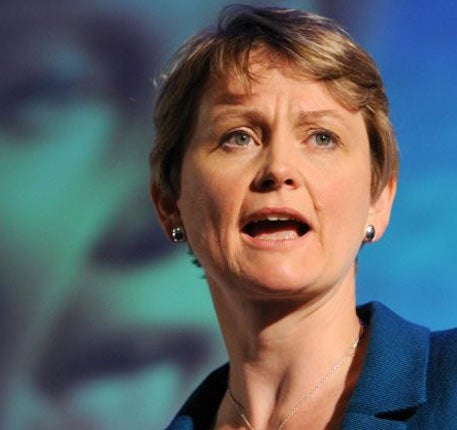Police fury as 34,000 jobs are set to be axed over four years

One in eight police jobs will be cut as a result of the government spending cuts, causing crime to rise, according to the Inspectorate of Constabulary.
There will be 34,000 fewer police jobs, with the losses split equally between officers (16,200) and civilian support staff (16,100), the most far-reaching study so far into the cuts has concluded.
In the past year, the total number of police officers in England and Wales has already fallen by 4,625, to 139,110.
The report, Adapting to Austerity, flies in the face of the Home Office's repeated pledge that frontline officers will not suffer at the hands of its sweeping cost-cutting drive.
"Forces are facing their biggest financial challenge in a generation," said Roger Baker of Her Majesty's Inspectorate of Constabulary. "We found authorities and forces are planning relatively modest cuts to frontline numbers this year and they had all set an ambition to reduce crime. But whether they achieve and sustain this is yet to be seen."
Last October, Theresa May promised the proposed cuts could be met by streamlining efficiency and slashing bureaucracy. "We know that it is possible for the police to make significant reductions in their budgets without affecting frontline policing," she said.
But Shadow Home Secretary Yvette Cooper yesterday branded the measures "an irresponsible gamble with crime and public safety" and blamed Mrs May for putting chief constables "in an impossible position".
Meanwhile Labour leader Ed Miliband said he was "shocked" by the reduction in police numbers: "I think that really raises big issues for our society and big issues about how we ensure that we give people confidence."
Academic research published yesterday by HMIC, also showed that a 10 per cent reduction in force levels could lead to a 3 per cent increase in crime.
The number of job losses varies significantly between forces, from 8 to 19 per cent. The cuts, which will bring police officer numbers to their lowest level since 2001/02, have sparked fury among rank-and-file officers who say they will drag policing back to the 1970s.
Paul McKeever, chairman of the Police Federation of England and Wales, said police forces will struggle "to keep their heads above water as they try to deal with increasing demands and diminishing resources".
He added: "This will fundamentally change the way we police our communities and an almost inevitable consequence will be a rise in crime rates as the population continues to increase and police numbers fall."
City of London police will be worst hit, with cuts of up to 19 per cent in its gross revenue expenditure by 2015.
